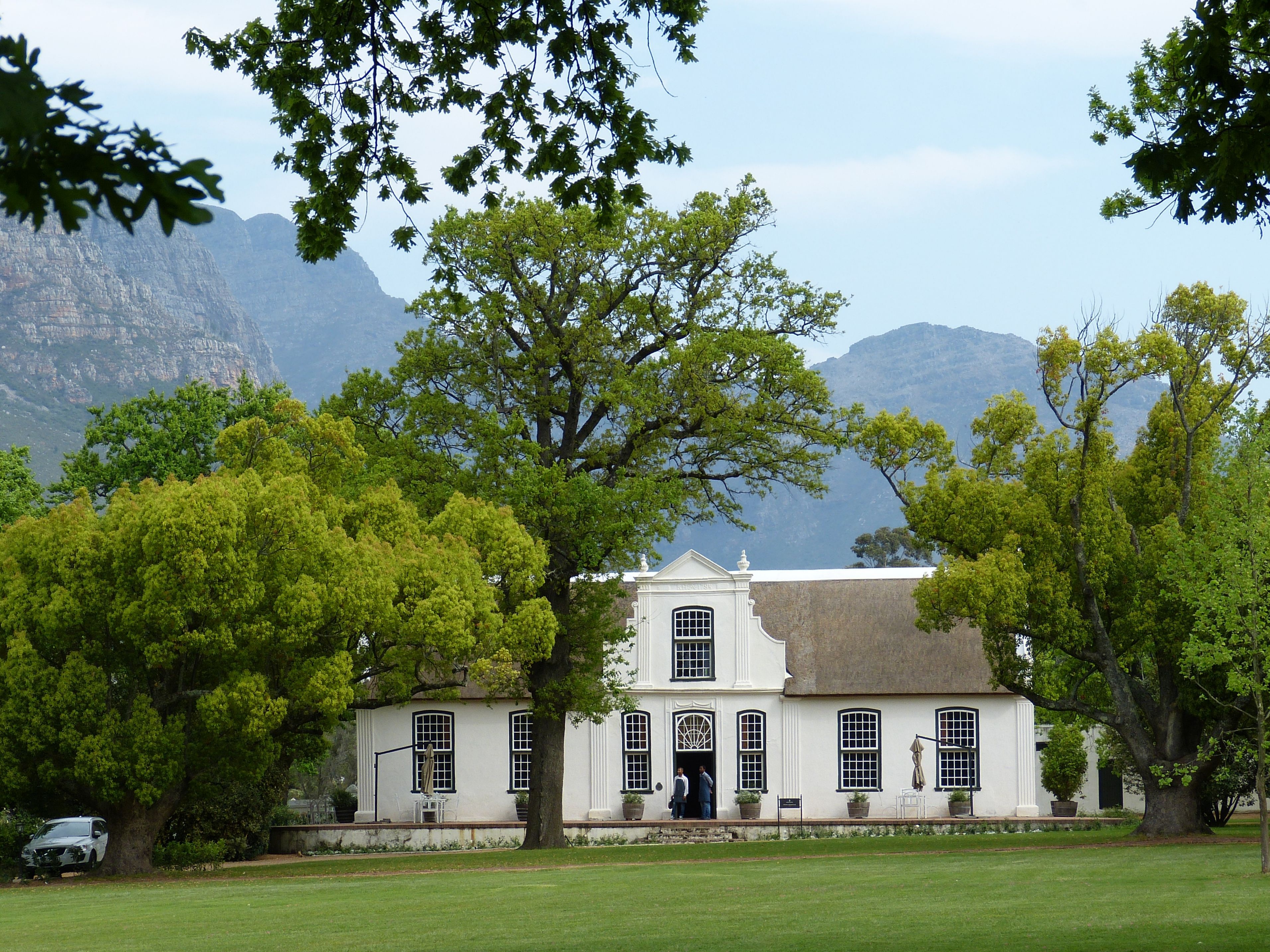
Cape Town’s coastline and mountains act as a major constraint on the city’s ability to expand, which goes some way towards explaining the outperformance of the Cape housing market.
And amidst the economic turmoil, South Africa’s housing market appears to be staging a modest recovery, according Dr Andrew Golding, chief executive of the Pam Golding Property group.
From mid-2014 to mid-2015, the Pam Golding Residential Property Index (PGP Index) remained broadly unchanged with house prices growing at a rate of around 5.7% from year-earlier levels.
However, late last year national house price inflation began to accelerate once more and, after averaging 5.9% during 2015 as a whole, recorded an average increase of 7% during the first quarter of 2016, said Pam Golding.
“In an attempt to understand what is driving the gradual re-acceleration in South African house price inflation, it is useful to take a more detailed look at the various market sectors and the key trends currently evident.
“In part this reflects the continued rapid urbanisation of the South African population, which is underpinning demand for housing in the major metro areas. As the urbanisation rate rises, the metro housing markets become more dominant within the national housing market and also become increasingly independent of national trend,” said Golding.
Price growth in the Cape, in particular, is benefiting from the geographical limits to supply and the net influx of repeat buyers from other provinces, attracted by the region’s unique lifestyle offering.
The Western Cape is the ‘hottest’ regional housing market, registering double digit increases of 10.65% in prices in Q4 of 2015 (most recent data available), for the second consecutive quarter and a continuation of a sustained period of out-performance which began in early-2013.
In contrast, house price inflation in Johannesburg, Durban and Pretoria has remained fairly stable at around 6 percent during this period, while prices accelerated in recent months in Pretoria, recording an average increase of 7.6% during the final quarter of 2015.
While the national housing market’s upper price band above R2 million is experiencing the weakest price growth (-5.7%), house price inflation in the lower price band below R1 million continues to register robust house price inflation (10.1%).
The lower price band has been the top-performing sector since mid-2015 and prices continued to accelerate during the first quarter of 2016.
This pattern is evident in both the Gauteng and Western Cape housing markets. In KwaZulu-Natal (KZN), however, the top-end continues to register robust growth – averaging 9.6% during the first quarter, Pam Golding said.
Since late-2014 the top-end of the KZN market has been outperforming both the Gauteng and Western Cape housing markets, with the surge in house price inflation in this region largely attributable to the booming growth nodes along the North Coast.
This resurgence in prices is mainly as a result of the relocation of King Shaka International Airport, coupled with the region’s decentralisation of business nodes and schools along with a proliferation of new upmarket housing estates, which has triggered a migration of families to the area from elsewhere in the province as well as attracting commuters from other neighbouring regions, the property group said.
As seen in global cities, South African cities are also experiencing a similar influx of young people, which is not surprising as official estimates show that South African cities’ average incomes are some 40 percent higher than incomes in the country overall, while employment opportunities in metro areas increase at twice the national pace.
As economic activity and the population become increasingly concentrated in the major cities of South Africa, the metro housing markets become more dominant within the national market.
Cape Town’s coastline and mountains act as a major constraint on the city’s ability to expand, which goes some way towards explaining the outperformance of the Cape housing market despite Johannesburg’s economic dominance and superior global ranking according to the 2015 Global City Index.
The Johannesburg metro does not have such constraints and the rising demand for housing, generated by the influx of young people from across the country, has seen the proliferation of ‘new cities’ in recent years – including luxury developments such as Waterfall Estate and Steyn City, Pam Golding said.
In KZN, the coastline provides a constraint to development, although the recent migration to the growth nodes on the North Coast has clearly eased pressure on the Durban metro housing market.
Another factor which appears to be contributing to the Western Cape housing market’s relative outperformance is the net in-migration of homeowners from other provinces, the property company said.
According to FNB analysis, the percentage of repeat buyers moving between provinces has risen from just 6.4% during the 2008/09 recession to a high of 12.9% last year.
Typically periods of strong economic growth generate an increase in inter-regional migration as people move to areas experiencing greater economic activity and generating employment opportunities.
With the national economy entering its fifth consecutive year of stagnant growth, one would have anticipated that this mobility would be slowing – and yet the FNB study suggests that it remains relatively high. This, it is argued, is due to a structural change which has taken place in recent years, which has seen the Cape greatly enhancing its relative appeal.
A healthy economic growth rate and perceptions of a high quality lifestyle offered by the City of Cape Town and its surrounds appears to be attracting both wealth and skills to the province. As a result, the Western Cape has the lowest percentage of repeat buyers leaving the province as well as by far the strongest net inward migration of repeat buyers from other provinces.
With housing supply in the Cape limited by geography and housing demand fuelled by the semi-gration of repeat buyers to the region, properties in Cape Town are enjoying a price premium relative to the other six major metro areas.
Source: Why Cape Town’s property market outperforms the rest of South Africa